Men, Meds and Workplace Injury
Medications, if become dependent upon, can consume a man entirely.
In the unfortunate event of a workplace injury or other acquired injury, medication dependence often finds it’s birthplace. Men are often prescribed powerful medication to manage their pain.
This powerful medication is designed to be utilised for short-term use, yet it becomes anything but.
A physiological and psychological dependence can develop whereby the man struggles to consider life without such drugs, where the positive effects of substance use, or the unpleasantness of withdrawal, become insurmountable barriers.
To have a holistic understanding of prescription medication, we must acknowledge the positive benefits.
Medication can relieve us of pain – why wouldn’t it be appealing?
Medication can relieve us of stress and troubled thoughts through numbing our brain and body – again, why wouldn’t that be appealing?
Medication, through it’s positive effects, creates a powerful urge to use them again….and again.
The fact that medication can be so appealing, yet in some circumstances, so addictive is what potentially what makes it so catastrophic. It’s that ‘double edged sword’ we’ve all heard of.
A compounding risk factor is where there is a lack of monitoring through the GP or prescribing source.
If medication reviews are too irregular (or non-existent) to properly understand the way you are responding both physically and psychologically, the management of medication becomes more and more the accountability of the individual. The battle vs the brain begins.
The reality is that GP’s are busy, often pushing through clientele to meet the demand. This makes it easy for a bloke to ‘channel’ the appointment in a ‘preferred’ direction – the man is in a prime position to maintain, or even ‘up’ the medication regime based upon the information he may ‘choose’ to share with the GP.
And then there’s ‘Denial’.
Denial is a psychological defence in which a person is faced with a fact that is too uncomfortable to accept and rejects it instead, insisting that it is not true despite what may be overwhelming or what others around them observe and share. It’s a strategic tool the mind can employ when things get tough. It protects us from uncomfortable thoughts and helps keep us safe.
While ‘denial’ can keep an individual safe, it can also hurt the individual when it involves addiction or abuse. These problems affect everyone in a family and can lead to unhealthy patterns that get passed down from one generation to the next.
Dependence and/or addiction can become the priority, the obsession – often without the conscious knowledge of the individual.
Medication essentially can become the ‘love affair’, the one thing you will do anything for, the one thing you sacrifice other areas of your life for…….. the priority of your existence.
The unfortunate aspect of this, is that the dysfunction is often suppressed from the conscious stream of thoughts as it brings with it shame and decisions that are too hard to make.
It manifests itself.
Here are some symptoms of being addicted to medicines:
- needing to use it regularly, or in larger amounts to cope with everyday life
- using more of the medicine than was prescribed
- cravings, or a strong desire to use the medicine
- feeling anxious about not being able to get your medicine
- spending too much time getting, using or recovering from the medicine
- finding it hard to cut down or stop using the medicine
- continuing to use the medicine, even when you know you have a problem
- having withdrawal symptoms — unpleasant feelings of illness if you stop taking it regularly
- feeling judged or ashamed when your pharmacist or doctor wants to discuss how much medicine you are taking
Important Note: There is no judgement in expressing the above-mentioned information. Medications are an important part of recovery but are also a trap all too many individuals have fallen into. The intent of this written piece is to bring awareness to this issue and encourage self- reflection.
Upon self-reflection, the challenge would be HONESTY with SELF.
Beyond this, the choice to take ownership and take measures to be the desired version of yourself is the opportunity that awaits.
Please consider speaking with your G.P or local service provider for support.
Alternatively, allowing yourself to be vulnerable and share your struggles with a loved one, may open the path for care and compassion and inspire movement toward services that will be best equipped to support you in your desired goals.

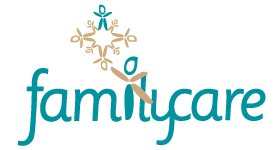
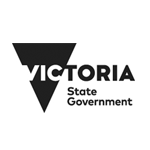
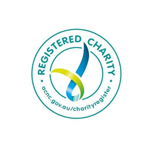
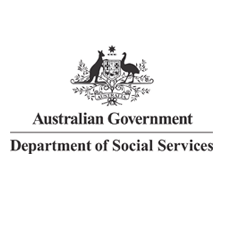
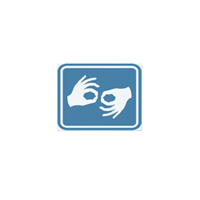
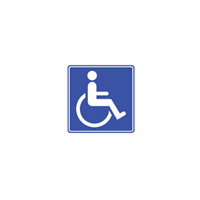




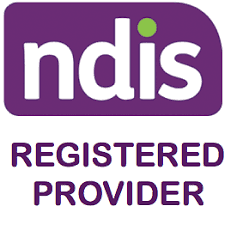
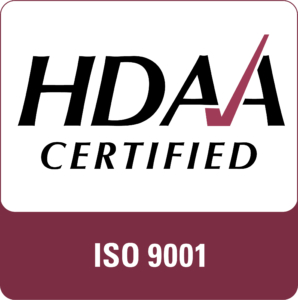
Leave a Reply
Want to join the discussion?Feel free to contribute!